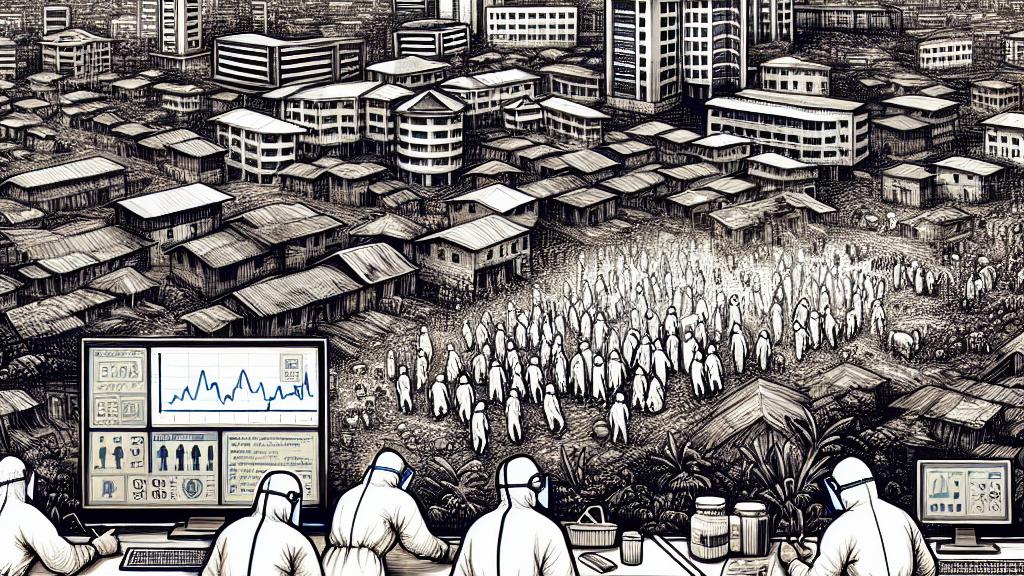Rwanda's Strategic Steps for Managing Marburg Virus Outbreak
Overview
- Rwanda is facing its first outbreak of the Marburg virus, prompting immediate health action and coordination.
- Drawing lessons from the COVID-19 pandemic, the government swiftly mobilized resources and expertise.
- Their comprehensive seven-step response plan illustrates collaboration and rapid implementation to control the outbreak.

Context of the Outbreak
In a startling turn of events, Rwanda reported its first case of the Marburg virus on September 27, 2024. By early October, 36 confirmed cases and 11 tragic fatalities had been documented. This outbreak is particularly troubling because infections have been traced back to several healthcare workers, indicating that frontline responders are vulnerable. With the capital Kigali being the epicenter, health officials are navigating a complex web of potential exposures. Around 300 contacts are being closely monitored, showcasing Rwanda's commitment to utilizing innovative tracking methods. This surveillance not only aims to prevent further spread but also seeks to reassure the public, emphasizing that health authorities are actively working to protect the community.
Rwanda's Seven Steps
In a decisive move to tackle the crisis, Rwanda rolled out an ambitious 'seven steps in seven days' strategy. This plan is both thorough and urgent, aiming to mobilize resources swiftly. First, a multinational team of experts has been convened to ensure that essential supplies, such as personal protective equipment and treatment options, reach impacted areas without delay. Additionally, Rwandan health regulators now have enhanced emergency powers, allowing for rapid adaptation to the fluid situation. Another crucial component is the establishment of secure, contamination-free testing sites that can process samples efficiently. Furthermore, Rwanda emphasizes the importance of real-time data analysis, enabling prompt decisions regarding funding and resource allocation. By prioritizing open communication, they are fostering public trust, urging citizens to stay informed and engaged. This strategic approach is a remarkable testament to Rwanda's proactive stance in managing such a critical situation.
Global and Local Response
As the outbreak continues, the response from the global community highlights Rwanda's strong leadership in public health. Dr. Jean Kaseya, Director of the Africa CDC, commended the country's effective tracking methods and transparent reporting, which are pivotal in curbing potential escalation. Moreover, the arrival of trial vaccines signals a proactive step forward; over 200 doses are being distributed specifically to health workers and high-risk individuals. While the risk of Marburg spreading beyond Rwanda remains low, sustained community involvement is essential. Engaging local populations by promoting hygiene practices and safe interactions significantly boosts the overall response. With coordinated efforts both locally and globally, Rwanda is not just aiming to control the current outbreak but is also laying groundwork for enhanced resilience against future health threats. This comprehensive strategy underscores the nation’s commitment to safeguarding public health and exemplifies a model of urgency and collaboration.

Loading...